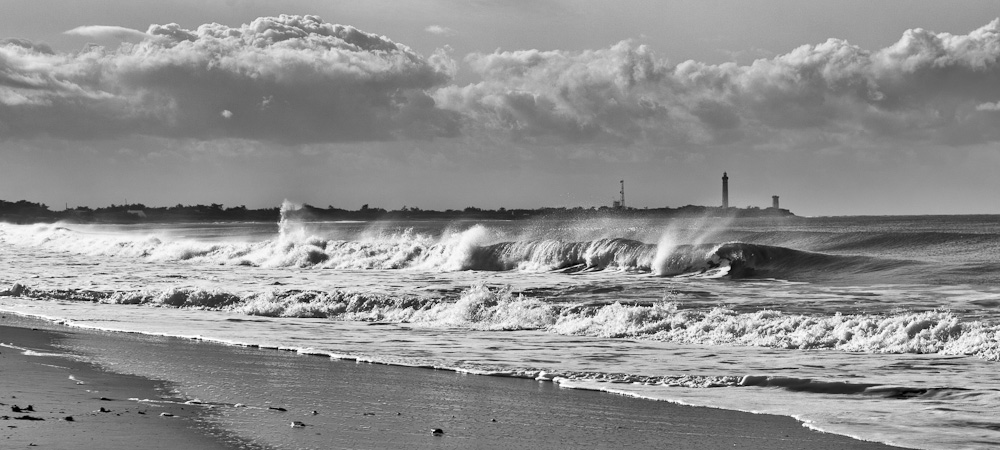Petite leçon de photo par Ken Rockwell.
Première leçon, ne pas laisser le coup partir trop vite! Prendre son temps pour identifier son sujet et travailler tranquillement la composition qui le mettra le mieux en valeur.
“A good photo starts when you get the feeling to take a picture. You’re walking around, and come across something that seems worthy of a photo.
Bad photographers just take a picture at this point.
Maybe they get something, but often they don’t, because they haven’t identified what it is exactly that caught their eye.”
Ken Rockwell, FART for Fantastic Photos (http://www.kenrockwell.com/tech/fart.htm)
Deuxième leçon, voir l’image finale dans sa tête, comme le ferait un peintre. Sans vision, les choix arrivent trop tard – quand on post-traite la photo l’exposition n’est pas la bonne, la profondeur de champ, etc… C’est évident en N&B (on doit voir la scène en termes de contraste pur, et non plus de couleur), ça doit le devenir en couleur aussi.
“The more decades I do this, the more I realize everything in photography comes down to one word: vision.
Call it vision, imagination, or seeing; it all comes down to the same thing: the ability to envision a final result in your mind’s eye, and then to make it so with your tools at hand.
It’s never been about the gear. It’s always been about seeing something, knowing how you want it to look, and making it so. Making it so is the easy part; seeing it in the first place is what makes a photographer. Powers of observation are everything. Snapping a camera is trivial.”
“Want to learn photography? Study painting.”
Ken Rockwell, What is Photography (http://www.kenrockwell.com/tech/what-is-photography.htm)

0 comments